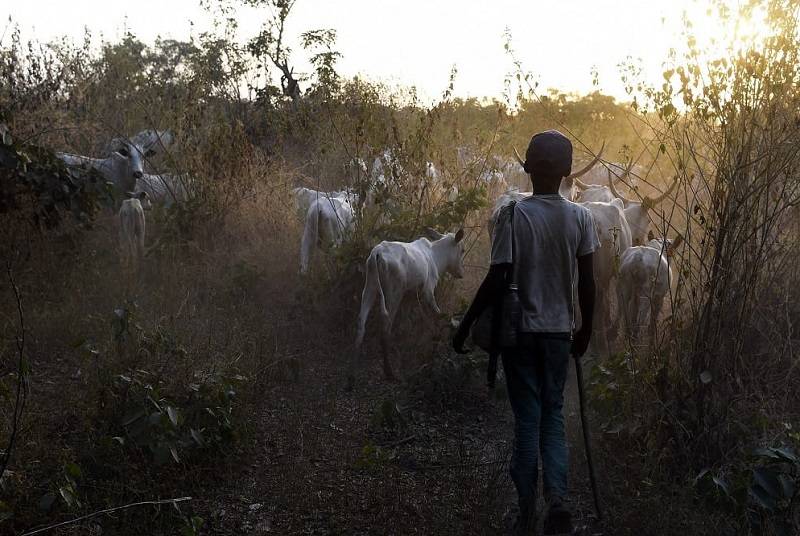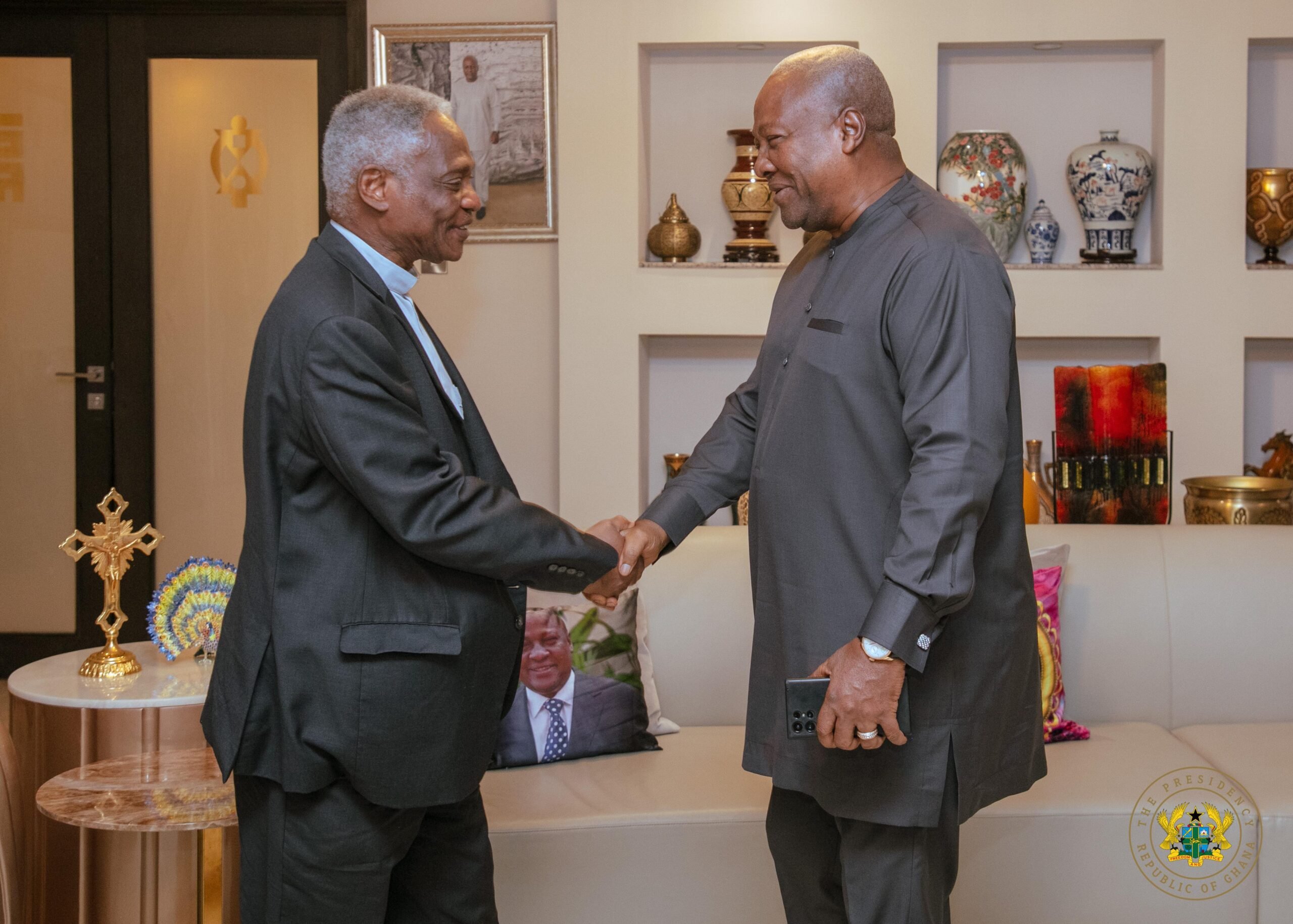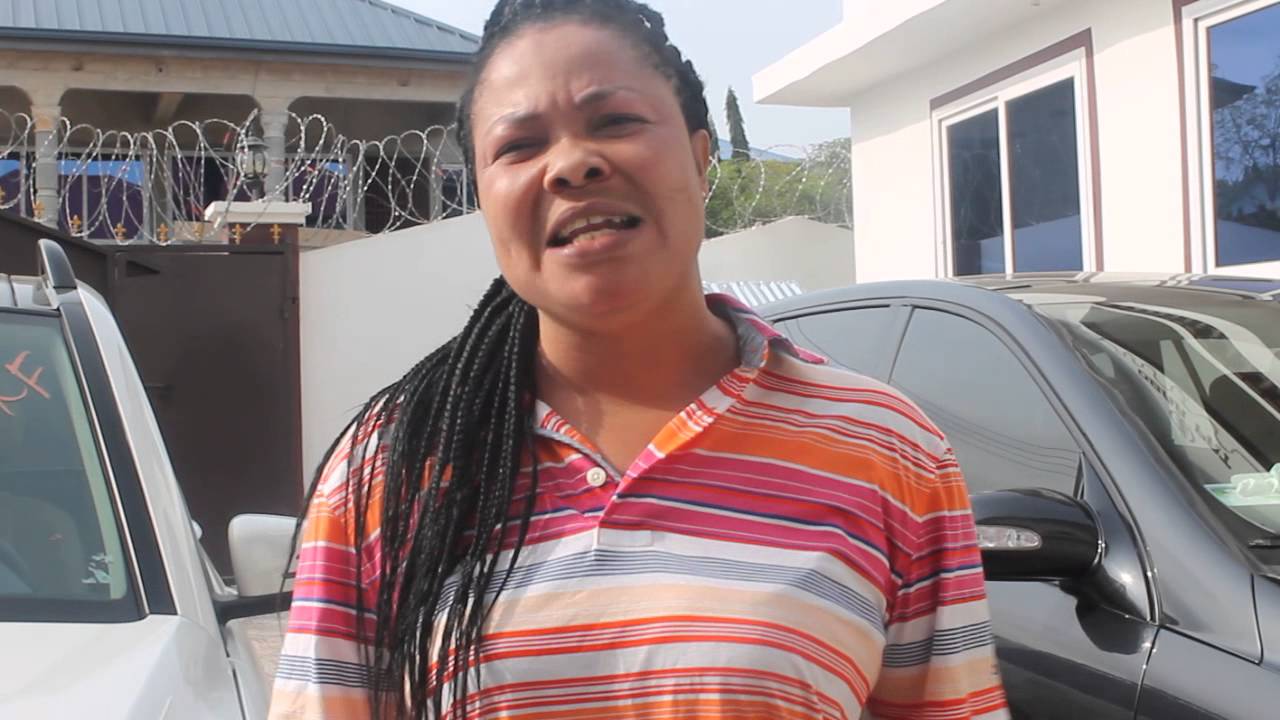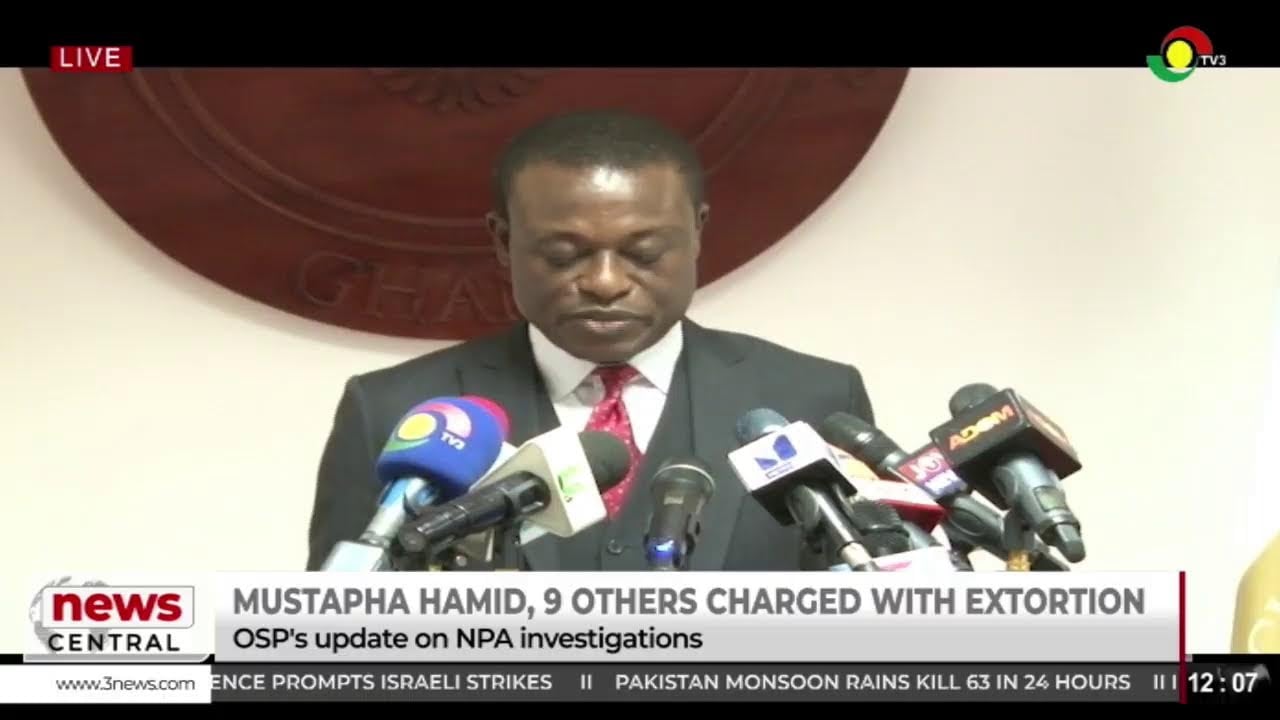
By Kofi DENTEH
At the heart of journalism lies a simple but profound principle: fairness. It is what separates reportage from propaganda, investigation from rumour, and professional media from tools of vested interest.
And yet, in recent weeks, some media outlets in Ghana have discarded this standard entirely in their coverage of the ongoing commercial dispute between Springfield Exploration and Production Limited (Springfield) and Petraco Energies DMCC.
The spark for this media frenzy? A petition filed by Petraco to the Economic and Organised Crime Office (EOCO), and more troublingly, leaked to the press in what appears to be a calculated attempt to damage Springfield’s reputation. Instead of exercising editorial caution and balance, several media platforms have rushed to publish (and in some cases, amplify) the unproven claims in this petition without scrutiny, without context, and without making any attempt to seek out Springfield’s side of the story.
Let us be clear: the petition is not a court judgment, not an EOCO finding, and certainly not evidence of criminal conduct. It is one party’s narrative in a commercial disagreement. Nothing more. And yet, many media outlets have given it the full weight of a scandal. How did such a plainly one-sided document become the foundation for news stories and opinion pieces?
The answer is as disturbing as it is disappointing: some in the media (and even civil society) have allowed themselves to be used. Whether out of carelessness, pressure, or something more deliberate, they have become vehicles for a smear campaign. They have taken a spurious, self-serving complaint and dressed it up as news – with no regard for truth, balance, or the reputational harm caused.
It is important to ask: what was the news value in publishing the petition, especially without the other side of the story? What public interest is served by presenting untested accusations as though they were fact? Why publish a petition alleging criminality without asking whether or not a crime has actually been committed? And how does this reflect on journalism in a country where we claim to support homegrown enterprise and national participation in strategic sectors?
Springfield is not a perfect company – no business is. But it is the only Ghanaian (and African) company operating in Ghana’s upstream petroleum sector. That is not a symbolic achievement; it is a material demonstration of Ghanaian capacity, expertise, and ambition in a space long dominated by multinationals. That Springfield has made it this far is a story worth telling. That some now seek to tear it down, with the help of sections of the local press, is a national shame.
Springfield is not asking for protection or preferential treatment from the media. It is asking for the most basic professional courtesy: that journalists do their jobs properly. Verify. Cross-check. Seek balance. Give the accused party a fair hearing. These are not privileges – they are responsibilities, not to mention constitutionally-guaranteed rights. Yet, in this case, those responsibilities and obligations have been ignored.
What’s worse, the timing and nature of this media blitz raise serious questions about motive. Who benefits from these stories? Who gains by weakening Springfield’s standing, both locally and internationally? And why now, when Springfield continues to negotiate its commercial obligations and operate in good faith and is trying to navigate the choppy waters of petroleum exploration after current government decided to withdraw the previous one’s unitisation directive?
The sad truth is that some journalists, and editors have handed their platforms over to faceless interests who have never believed a Ghanaian company should be in the upstream business in the first place. These actors couldn’t stop Springfield from drilling or discovering oil. But they have found partners in some newsrooms, willing to help bring the company down in the court of public opinion.
And to what end? The reputational harm is not just to Springfield. It is to the broader national project of Ghanaian ownership in strategic sectors. It tells young entrepreneurs and professionals that when you rise high enough, especially in industries long dominated by outsiders, you will be sabotaged, not only by your competitors, but by your own countrymen with access to a newsroom.
This moment should be a wake-up call. Media freedom is essential to democracy, but it is not a licence for recklessness. A free press that abandons fairness becomes a threat to enterprise, to justice, and to truth. The work of journalists matters, but only when it is grounded in ethics.
This is not a call for silence, nor a plea for sympathy. It is a reminder that even the most powerful institutions, state or private, must be held to the standards of fairness, accuracy, and accountability. Those who have failed to uphold those standards in this matter should reflect deeply on what role they have played, and what damage they have done.
Springfield, like any other company, can answer for itself. It has legal representation. It has facts. What it should not have to deal with is a media culture that rushes to judgment, fuels innuendo, and becomes a mouthpiece for those who wish to see it fail.
Ghana deserves better. So does our journalism.
The post When the media becomes a willing tool: A cautionary word on the Petraco-Springfield affair appeared first on The Business & Financial Times.
Read Full Story


















Facebook
Twitter
Pinterest
Instagram
Google+
YouTube
LinkedIn
RSS